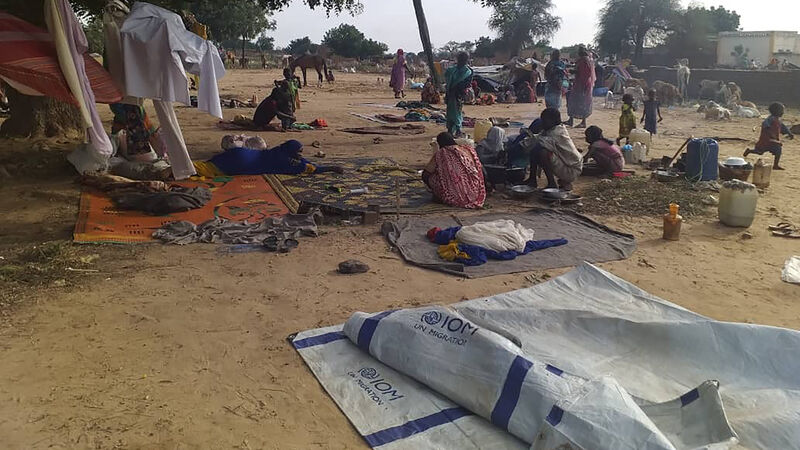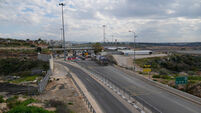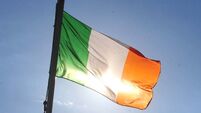Ireland must remain steadfast as the world turns its back on the poor

Displaced people squat on blankets and in hastily made tents in the village of Masteri in west Darfur, Sudan. Picture: AP
Ireland's recognition of Palestine as sovereign and independent state in May 2024 was an occasion of deep significance. Alongside Spain and Norway, we led the charge in calling for a just and lasting peace for the people of Palestine.
This ignited a series of events that culminated in Britain, Australia, Canada and France announcing their support for an independent Palestinian state at the United Nations General Assembly. As An Tánaiste stated at the launch of Ireland’s bid for the Human Rights Council: "We take seriously the weight our voice carries on these matters." And our voice does carry weight.
















